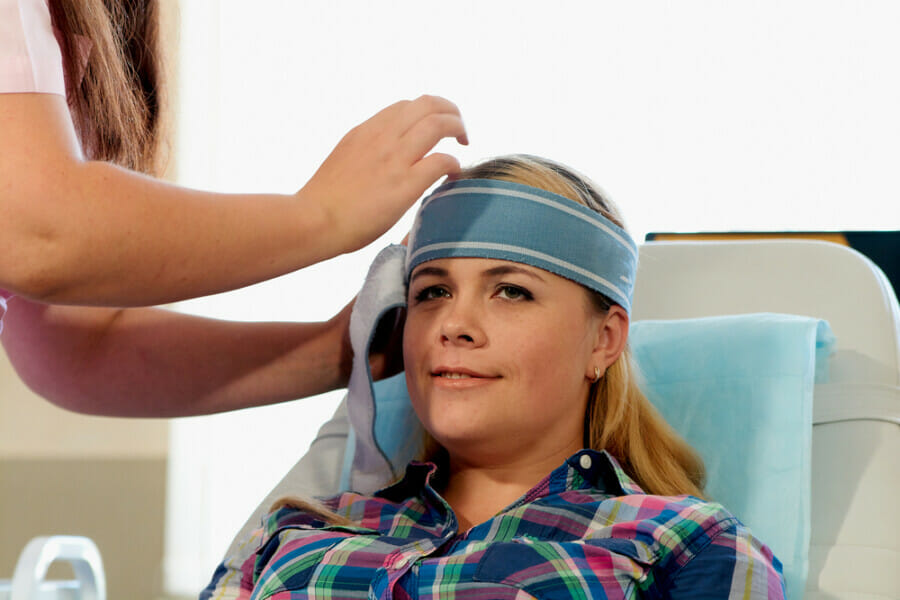How Does Traumatic Brain Injury Affects The Brain In Long Term?
**How Traumatic Brain Injury Affects the Brain in the Long Term**
**Traumatic brain injury (TBI) is a serious medical emergency with lasting effects on the individual’s life. TBI occurs when an external force leads to brain damage, commonly resulting from incidents like falls, car accidents, or physical trauma. Let’s explore how TBI impacts the brain and the potential long-term consequences.**
### **Can Head Injuries Cause Future Issues?**
While the head is well-protected by the skull, cerebrospinal fluid, and neck muscles, sudden impacts can still injure the brain. Traumatic brain injuries vary in severity, from mild concussions to severe disabilities or fatalities. Car accidents, falls, and assault are primary causes of TBIs.
After any head trauma, even if initially unnoticed, it’s crucial to undergo a complete neurological assessment promptly. Long-term effects of even a “mild” TBI can lead to conditions such as:
– Chronic headaches
– Post-traumatic stress disorder (PTSD)
– Memory impairment and concentration difficulties
– Epilepsy
– Slowed cognitive processing
– Depression and anxiety
Although not everyone experiencing a TBI will encounter these challenges, seeking medical attention immediately for any post-injury difficulties is essential. Various treatments can help manage TBI-related issues, and early intervention improves recovery prospects.
### **Understanding Long-term Head Trauma Effects**
Awareness of the lingering effects of head trauma is crucial due to potential debilitation. TBI may trigger a range of physical, cognitive, emotional, and behavioral problems, some necessitating lifelong care.
**Physical Effects** include:
– Headaches
– Fatigue
– Dizziness
– Sensitivity to light and noise
– Sleep disturbances
– Coordination issues
– Limb weakness or numbness
– Visual, auditory, and taste problems
**Cognitive Effects** may involve:
– Memory and cognitive impairment
– Reduced judgment
– Attention and focus troubles
– Mood fluctuations and personality alterations
– Emotional distress like depression and anxiety
– Aggression and irritability
**Emotional Effects** of TBI can be significant, with mood swings, depression, anxiety, and impulse control challenges. Families and friends of TBI sufferers are also impacted emotionally.
**Behavioral Effects** encompass a range of changes such as impulsiveness, aggression, anxiety, depression, irritability, mood swings, and personality shifts. Addressing these behaviors promptly with medical or therapeutic help is crucial.
### **Identifying Traumatic Brain Injury**
While TBI symptoms can be subtle, key indicators of head injury include:
– Headache
– Nausea
– Vomiting
– Fatigue or drowsiness
– Blurred vision
– Sensitivity to light/noise
– Balance or dizziness issues
– Cognitive difficulties
– Mood changes
Prompt medical assessment is necessary if any of these signs emerge post-head trauma, as diagnosing TBI promptly enhances treatment outcomes.
### **Treatment for Traumatic Brain Injury**
Treatment approaches for TBI vary, tailored to individual requirements. Some cases may need surgical intervention, while others can benefit from medication and therapy. Seeking immediate medical assistance after a head injury is crucial as proper care can support recovery and quality of life.
**In Conclusion**
Recovering from a traumatic brain injury is a challenging journey that often requires legal and medical support. Seeking legal counsel promptly after a TBI, particularly from events like car collisions, ensures justice and necessary compensation. Remember, facing the aftermath of a TBI alone can be overwhelming. Reach out for professional legal advice and medical assistance to navigate this difficult process effectively.
















